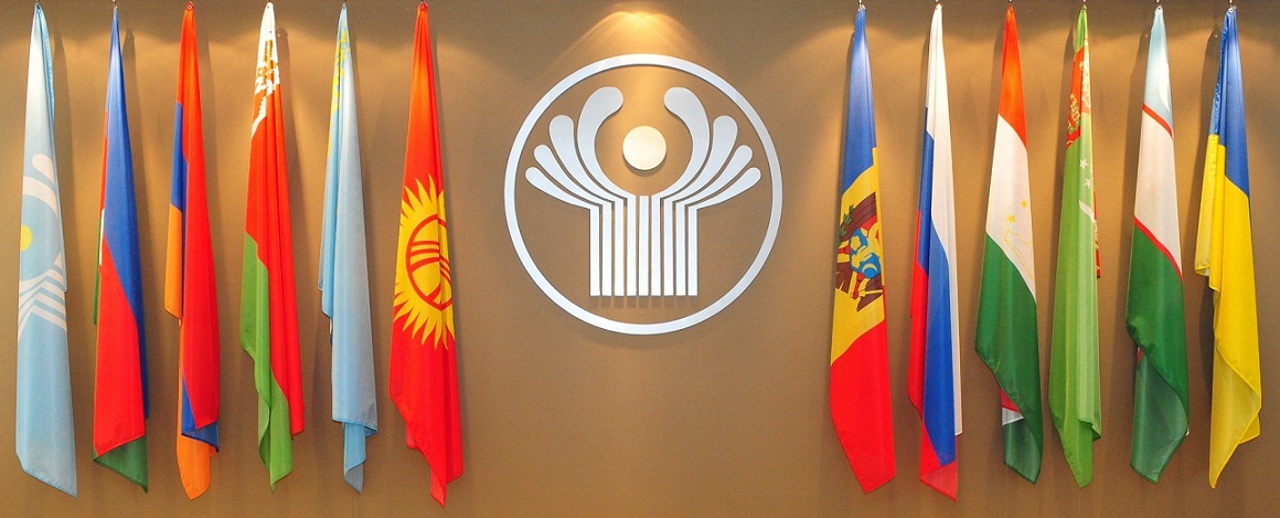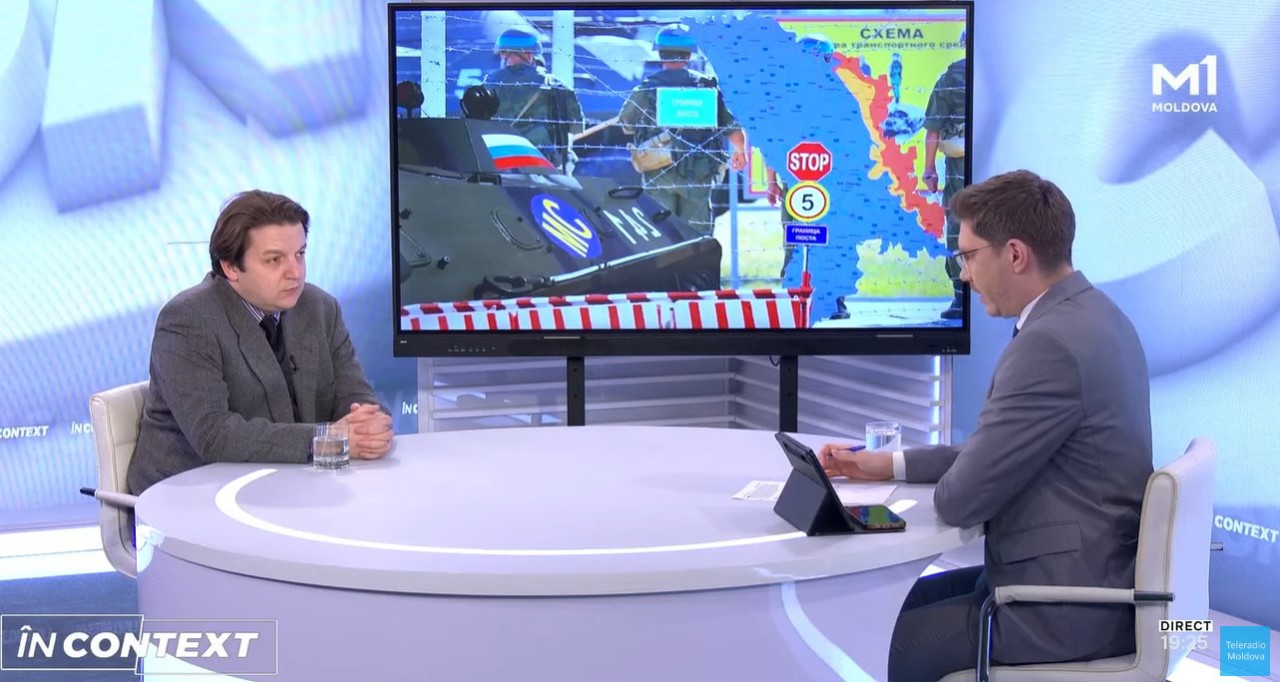Opinions // Some of Moldova's agreements with the CIS are not operational. Vitalie Gavrouc: Effectiveness for our country needs to be analysed
The partial withdrawal of the Republic of Moldova from the CIS agreements is motivated by the fact that some of them are not functional. In this regard, some agreements need to be revised or even cancelled - are the opinion of the participants in the public debate organised by IPN News Agency.

Moldova's accession to the CIS, created on December 8, 1991, was the only opportunity to go through a smooth transition to an independent state, but now it is necessary to analyse the effectiveness for our country - believes Vitalie Gavrouc, MP from the Action and Solidarity Party.
"According to the documents, it is an organisation strictly in the interest of the citizens of the respective countries, so it is based on areas. If we talk about concrete agreements in the economic, social and so on. Membership in the CIS as a political choice is one segment, and collaboration on concrete agreements is the reality and consistency of these agreements," Vitalie Gavrouc said.
On the other hand, Bloc of Communists and Socialists MP Adrian Lebedinschi said that some agreements should be revised or cancelled, but those in the economic and social field should be maintained, as the CIS market still remains important for Moldovan producers.
"The agreements that have been signed since '92-'93 show that they were aimed at maintaining economic relations, for some of the benefits that economic agents had when crossing borders until recently. Until 2014 practically 2/3 of exports went to CIS countries. Now the situation is a bit different. We have about 3 billion, in 2022, exports to CIS countries, so for us it is still a market", Adrian Lebedinschi said.
The issue of the legitimacy of Moldova's presence in the CIS has been discussed since 2002, in the context of the creation of the Customs Union, then in 2006 and 2013, when the Russian Federation imposed embargoes on some Moldovan products, including wines - said expert Igor Botan.
"These problems were brought to the fore in 2002, here in Chisinau, at the CIS Summit. Then we had 2006, when Russia introduced the trade embargo against Moldova. The next very important moment was in October 2011, when the Free Trade Agreement was signed in the CIS, and in 2013 Moldova was again punished with embargoes. All these things put together have created this feeling that being in the CIS is inappropriate for the Republic of Moldova", explained Igor Botan.
After Russia's invasion of Ukraine in February 2022, Moldova suspended its participation in CIS events. For this reason, several events under the aegis of the CIS Parliamentary Assembly, which were supposed to take place in Chisinau this year, were also cancelled.
Our country was last represented at the CIS Council of Heads of State by videoconference in October 2021. Recently, Foreign Minister Nicu Popescu said that Moldova has started to denounce several agreements with the CIS. This decision was taken after several ministries analysed these agreements and found that some of them are not relevant, do not apply or are to the disadvantage of the Republic of Moldova.
Over the last 30 years, the Republic of Moldova has signed 330 agreements.





